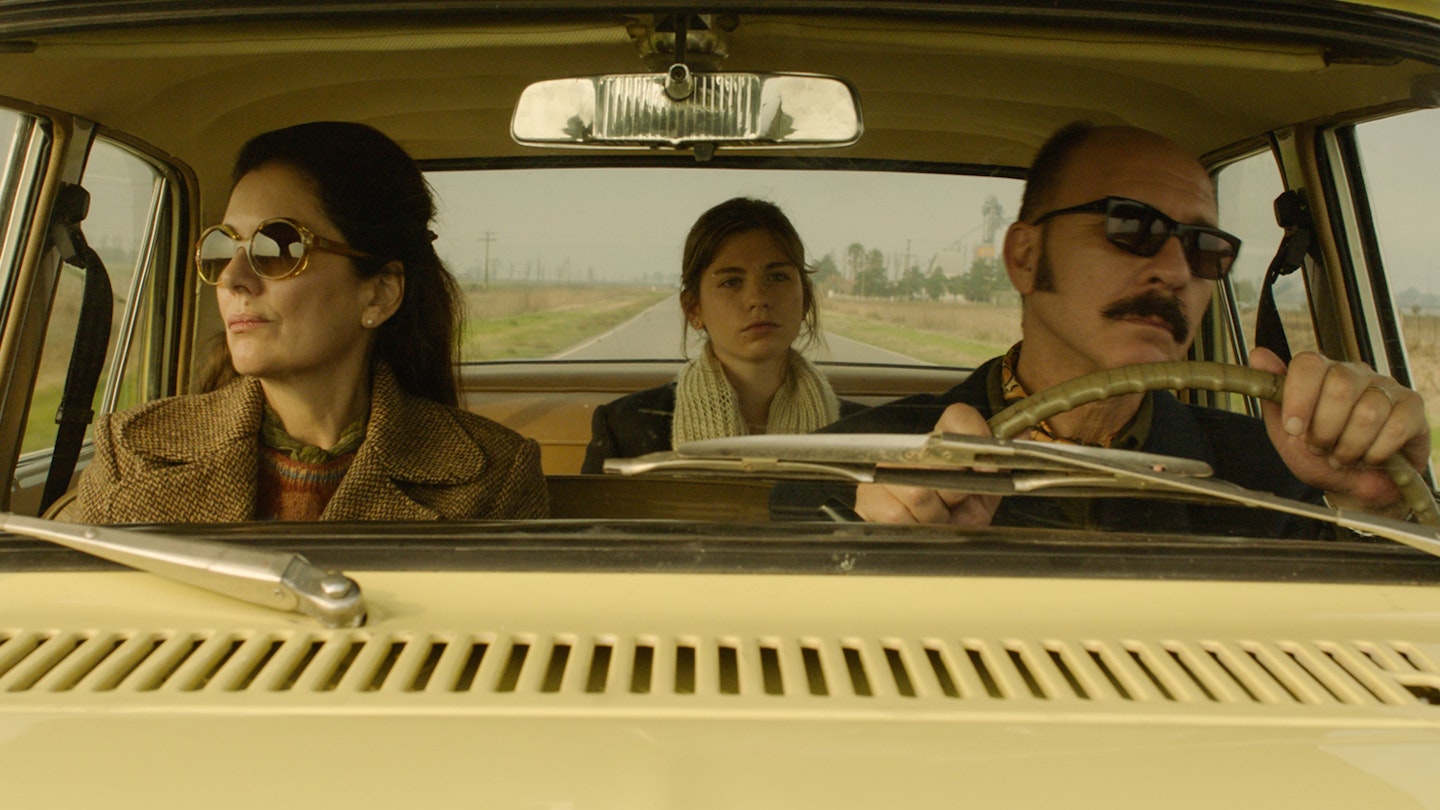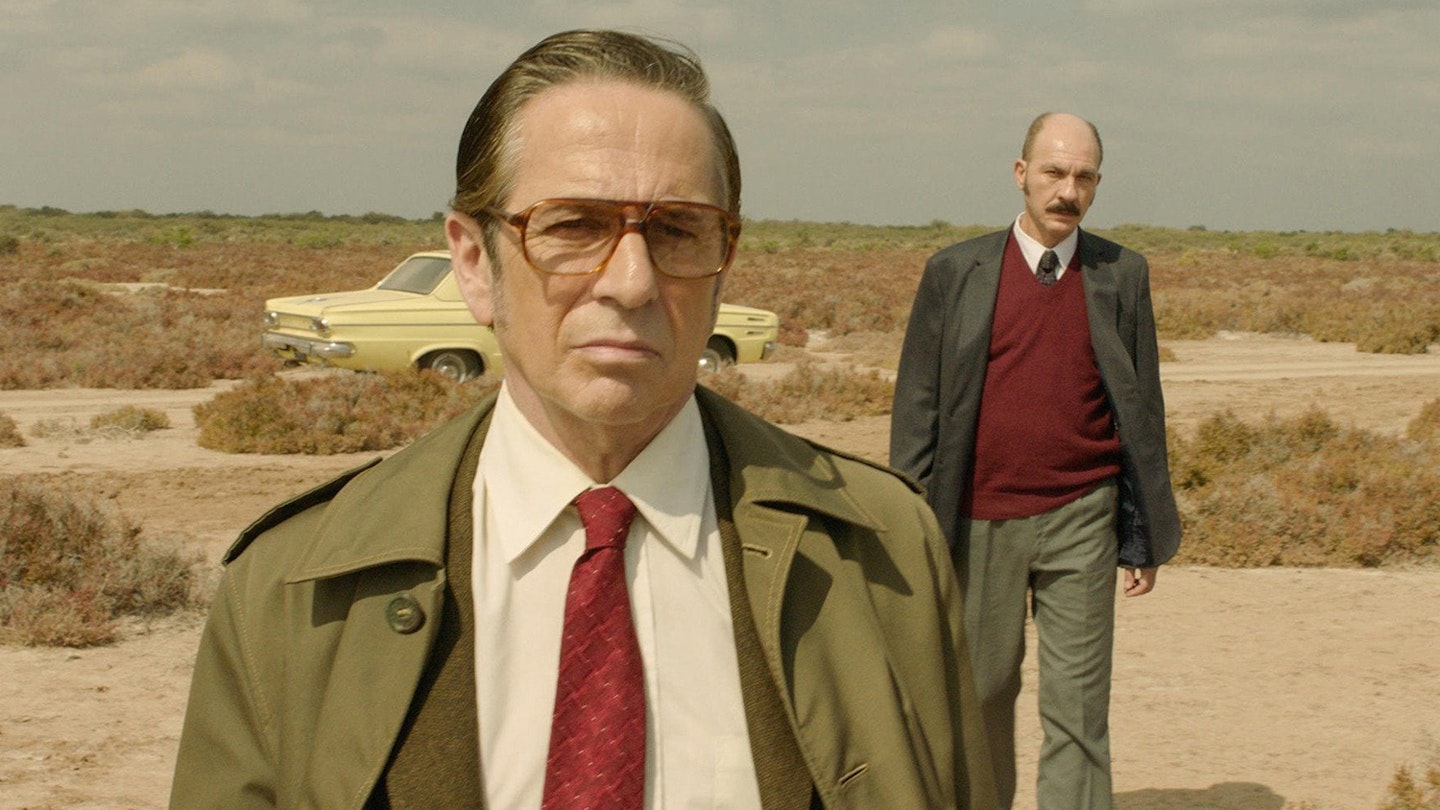Twenty-three minutes elapse before the title of Benjamin Naishtat's third feature appears on screen. By this time we've seen a well-appointed provincial house being calmly looted by outwardly respectable citizens and a newcomer to town denouncing his fellow diners as Nazis after they had acquiesced in his character assassination by the lawyer whose table he had taken after an icily polite exchange. Three months separate the incidents, which occurred shortly before the coup that launched Argentina's Dirty War. But, with an eye as much on the present as on the past, Naishtat makes it clear that the socio-political prerequisites for a period of murderous oppression were firmly in place before the junta seized power.

This isn't a dour dramatisation of Argentina's darkest hour, however. The eclipse that briefly turns the screen red suggests a subtler shading that reveals the influence of Claude Chabrol, Alejandro Jodorowsky and Pablo Larrain on a scalpel-sharp dissection of the despicable charm of the bourgeoisie. Indeed, there are moments of acidic humour, as a troupe of American cowboys gets stranded after participating in a rodeo and Dieguito (Alfredo Castro), a Chilean cop who has become a TV celebrity, does his best Columbo impression. There's even something droll about the fact that the noirish conspiracies in which balding, moustachioed lawyer Claudio (Darío Grandinetti) becomes entangled are played out in the glare of the desert sun.
Excellent though the performances are, the ensemble is somewhat upstaged by Naishtat's creative team. The muted colours in Julieta Dolinsky's production design have a tonal potency that is reinforced by Vincent Van Warmerdam's insinuating score, which follows Pedro Sotero's stealthy camerawork and Andres Quaranta's pugnacious editing in taking its cues from the aesthetics of ‘70s arthouse cinema. The cumulative effect is to disconcert and remind us how easily the everyday can spiral into the nightmarish.

